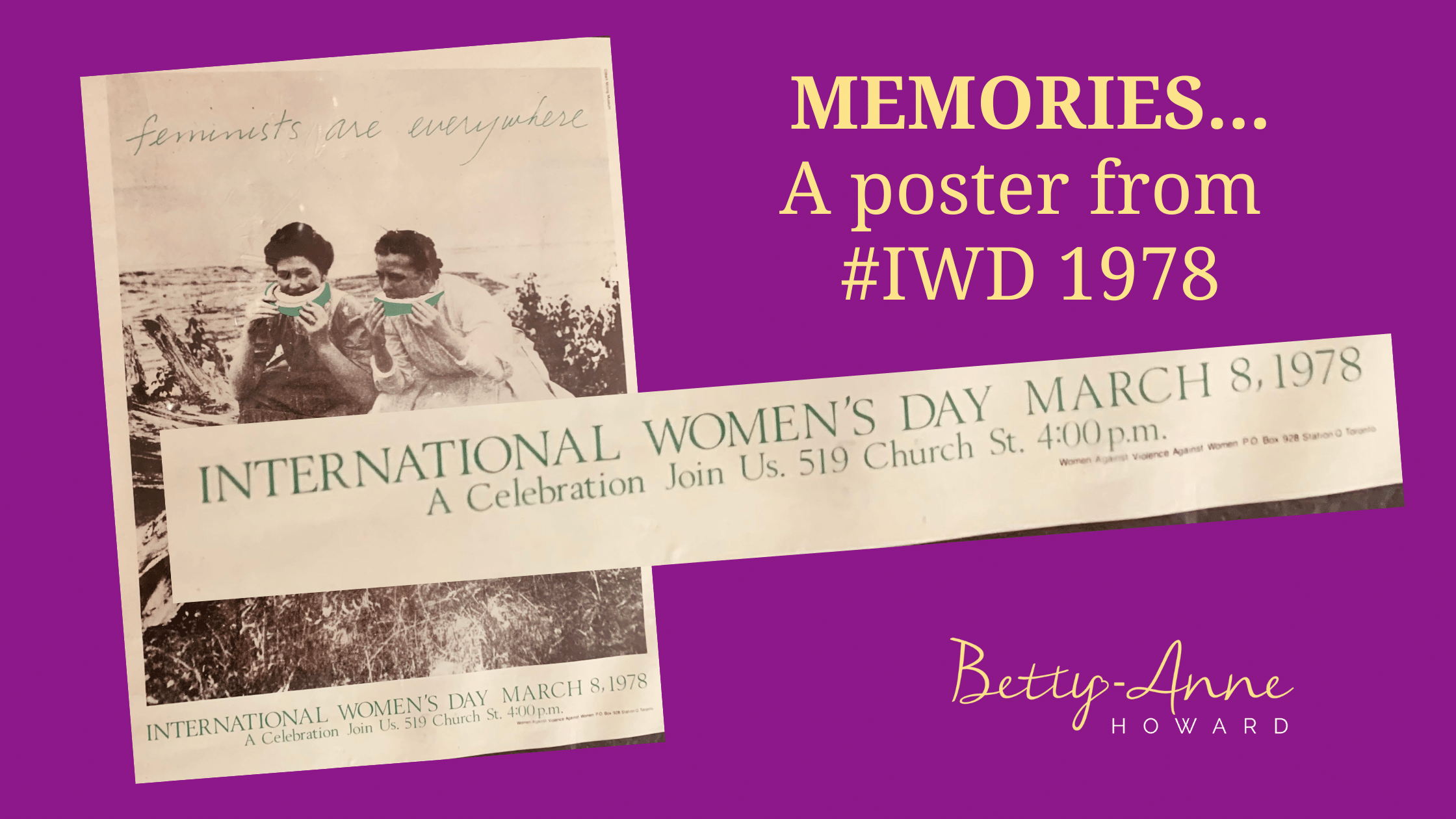
Over 40 years ago, my friend Dianne Kinnon and I were at the forefront of drawing attention to and addressing the issue of sexual assault and violence against women as part of the work we were doing within feminist organizations.
Each year, we celebrated the gains women were making around the world on International Women’s Day, March 8th.
As IWD comes around again this year, I’ve been pondering these last four decades.
What has changed – and what has remained the same?
What difference did we make forty years ago in addressing these forms of violence and abuse? Has that difference lasted?
I decided it would be a good time to have a conversation with Dianne about how things have changed, stayed the same, and even moved into new places we never dreamed about.
Here’s our conversation.
Betty-Anne Howard:
Dianne, with March 8th coming up I’ve been thinking about our 4 decades knowing each other, and working together to change the world – as idealistic as that may sound.
I’ve been asking myself a lot of questions like, does our history/herstory really matter as it relates to the Anti-Rape Movement (what we called it back then).
What difference did we make in the scheme of things with our proclamations, consciousness raising, debates, reports, arguments, and assertion that sexual assault, sexual abuse, sexual harassment – and yes rape – were all about power and abuse of that power.
We were very focused on who held that power, and why that power was being used to put women in our place while keeping us there.
Dianne Kinnon:
Betty-Anne, it’s great to have this opportunity to talk about the power of feminism and how it has and is changing. I think that like every generation of feminists, we made a difference in the 1970s and 80s.
Similar to you, I wanted to be involved in social change which started when I was in university in Saskatchewan. My circle of friends revolved around student politics and feminism; this “education” was at least as important as what I was getting in my psychology and sociology classes!
When I moved to Kitchener-Waterloo after graduation, there wasn’t a women’s centre but there was a rape crisis centre, so I got involved there.
I went on later to representing Ontario at the Canadian Association of Sexual Assault Centres. Through that work I had the opportunity to write the report Sexual Assault in Canada in 1981, based on the experiences of clients in five rape crisis centres.
Since then, I have been extremely privileged to support Indigenous women’s work on violence.
Betty-Anne Howard:
I felt like it was a time when my eyes were opened wide and even got scorched at times. We were lifting the veil of denial to say – this is what is happening in our world, our families and in our relationships and it’s not okay, breaking the silence if you will.
I think about my beginning as it pertains to the women’s movement, way back in the early 80’s – in addition to becoming the Ontario Coalition of Rape Crises Centres delegate and the Public Education Co-ordinator in Kingston, I participated in the International Women’s Day Coalition for many years to ensure we offered workshops and information sessions about sexual assault and many other topics.
My Mother and her sister made a trip to Kingston every year with my cousin Heather who is like a sister to me, and we’d get out our programs and circle the sessions we wanted to attend and then go out on the March that evening with our placards.
Actually it’s an interesting story how I ended up at the Kingston Rape Crisis Centre.
I had just graduated with an Honours Degree in Psychology, the first person in my family to go to University, and all I kept hearing was “Get something practical, go to College”. Very discouraging!
I decided that, in addition to all the volunteer work I’d done while going to Queen’s University I needed to do more.
I went looking for the Children’s Aid Society, got mixed up with all the one-way streets, gave up and headed down to the Grey House at Queen’s to find out more about becoming a volunteer with the Rape Crisis Centre…it’s fascinating how the universe takes us in certain directions.
Then I met you at a National meeting for the Canadian Association of Sexual Assault Crisis Centres.
Do you remember the backlash and how much people tried to discredit us and shut us up as we were speaking out?!
There was something about being with a group of strong opinionated women who were being vocal about misogyny and violence against women. I especially appreciated the feminist principles I was discovering like “The Means Condition the End”. In other words, how we were going to do things mattered as much as what we were trying to accomplish.
This meant working together collectively, and theoretically everyone had a voice and a say. Of course the theory was often better than the practice and the bottom line was we were all trying our best to make a difference in whatever way we could.
Dianne Kinnon:
You know, it makes me think about the dawn of movements.
While those of us who had been in the women’s movement for years understood the power and violence inherent in rape and sexual assault, we knew nothing at the time of the prevalence of other types of violence against women.
I remember someone from the newly opened local transition house came to talk with us at the rape crisis centre. We were astounded that physical and emotional violence against women in relationships was as common as it was, how society was in denial and “battered women” were treated so badly.
This really helped broaden our understanding.
Intimate partner violence and sexual violence are now a part of a wider societal awareness so that we receive better treatment for many of those affected. There is still so much more to be done to prevent these forms of violence in Canada and the world.
Betty-Anne Howard:
When the #MeToo movement started I was shocked in some ways because this came along at least two decades after we’d been saying the same thing.
What do you think – does it take the “radical feminists” who are looking at the root of the problems to start the momentum, stir things up if you will and then the ideas become more mainstream? And what took so long for other women to realize that this type of violence takes place, way too often?
Is that what the #MeToo movement was, a mainstream acknowledgment that sexual assault and sexual harassement happens?
Do you ever wonder if what we did back in the 80’s really made much of a difference?
Dianne Kinnon:
Someone said to me recently that they didn’t think the #MeToo movement was really making a difference because there were so many perpetrators not being held accountable.
I think #MeToo is the next stage of a movement to recognize and address widespread gender violence.
We came to a time when a critical mass of women saw enough support around them to come out about their experiences. This is creating the next cycle of change that started way before even our generation of feminist activists.
And many women are already benefiting from greater justice and a sense of personal power.
Betty-Anne Howard:
As we know, every story has a beginning, a middle and an end…or perhaps as Simon Sinek puts it, this is an “Infinite Game” so really and truthfully there is no end to it?
The work we need to do will never stop!
I think we both recognize that we are now, with years of experience behind us, in positions of power and influence, advising people and organizations about money, policies and planning.
My question is – how do we bring our past into the present given our history, our stories and our lessons learned?
Dianne Kinnon:
For me, rather than a beginning, middle and end I think of it as a circle or spiral as we learn and grow as people and as societies.
Our generation of feminists wasn’t good at recognizing diversity of views or experiences. We spoke about race and class but weren’t inclusive of racialized and otherwise marginalized women.
Many of us thought in dichotomies – women/men, gay/straight, feminine/masculine. Today’s activist feminists are bringing a whole new level of analysis and inclusion to feminism, seeing it as a way of understanding the intersections of power and repression.
Betty-Anne Howard:
I was thinking about this topic as a whole as I finished reading Jamie Kern Lima’s book Believe It: Going from Underestimated to Unstoppable.
Her story changed my perspective on the beauty industry because she worked hard and took risks to convey her message that beauty starts from within and we need to celebrate that in all our different sizes, shapes, and colours as women.
The fact that she stood up to that industry and risked conveying a message that so many women could relate to (and the backlash was severe) helped shift my perspective on that industry and business.
It’s easy for me to support a woman in her business when I know her story, and how her message is aligned with my own values of how I want the world to perceive women, and most especially how I want women to see themselves.
So when it comes to the topic of women and money (MY topic), I want women to feel empowered and confident in knowing they have options and choices for who they work with and how they are treated.
I’ve said this before and say it to everyone I work with – information is power – and certainly in the financial services industry the information is not easily accessible to women. I want to change that.
How else can you make an informed decision?
This is my challenge within financial services – how are we helping and supporting women to make informed decisions about their money and financial future? If we are committed to building a better world, one that we can all be proud of where women are given and treated with the respect they deserve – we need to empower them to make informed decisions about how to make their dreams a reality.
Dianne Kinnon:
I think you do all of your work with integrity and respect – key values that feminism reinforced for us.
The fact that you bring this understanding of women’s circumstances and needs to your industry will have an impact. You are contributing to the “critical mass” in the financial industry that will make it safer for women to get what they need and challenge the status quo.
I hope that as we go forward, we blend that early passion for change with our expanding knowledge and skills, while being open to what today’s feminist leaders are teaching us about empowering women on a range of fronts.
Betty-Anne Howard:
My hope is that we’ll continue this conversation and hear from others who would like to contribute their voices and stories to our discussion.
What has made a difference in the world for you, as we look back and celebrate on International Women’s Day?
We want to hear your voice!
Let’s continue this conversation in the comments below – what is your history with #IWD? What has made a difference in the world for you?

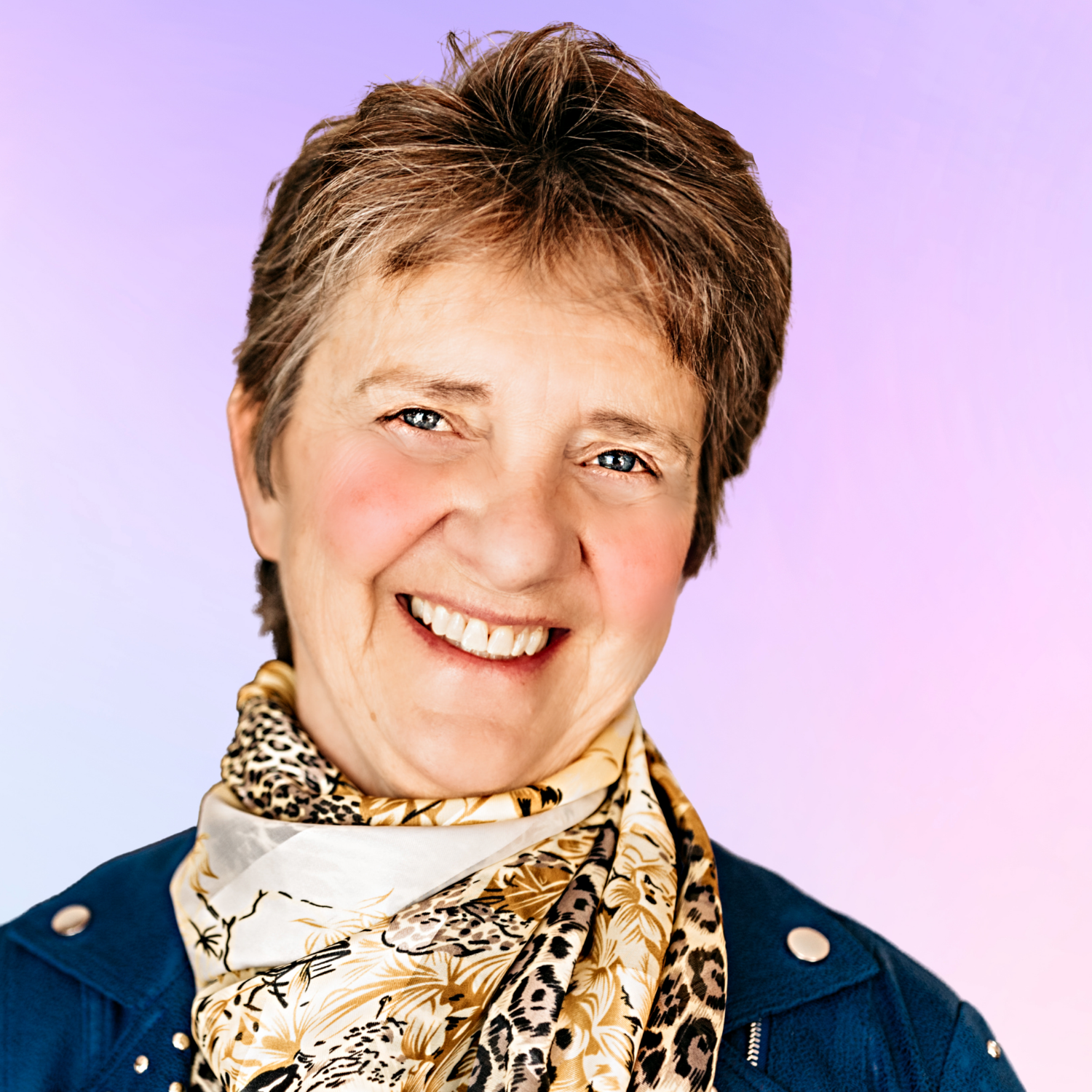
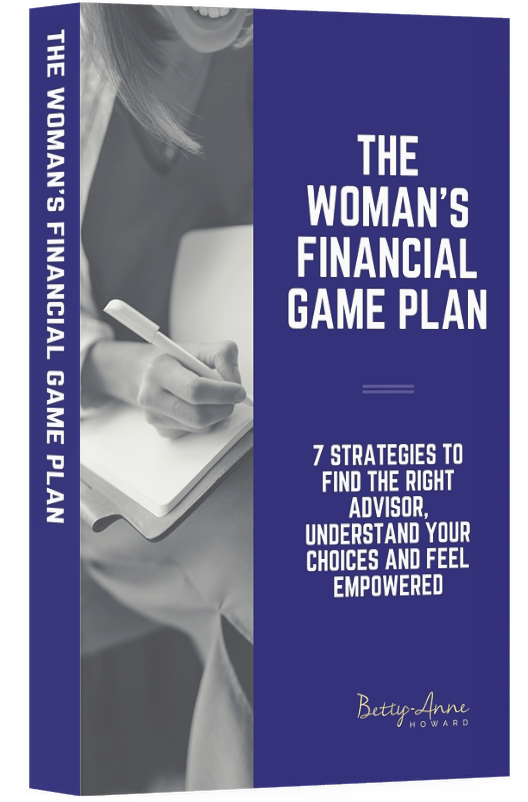
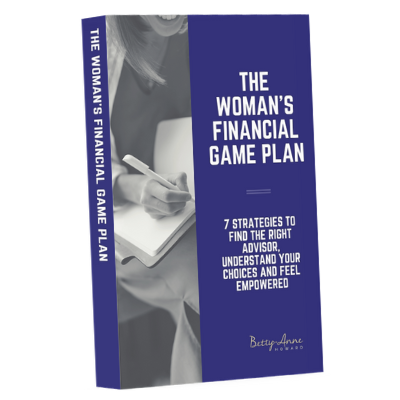

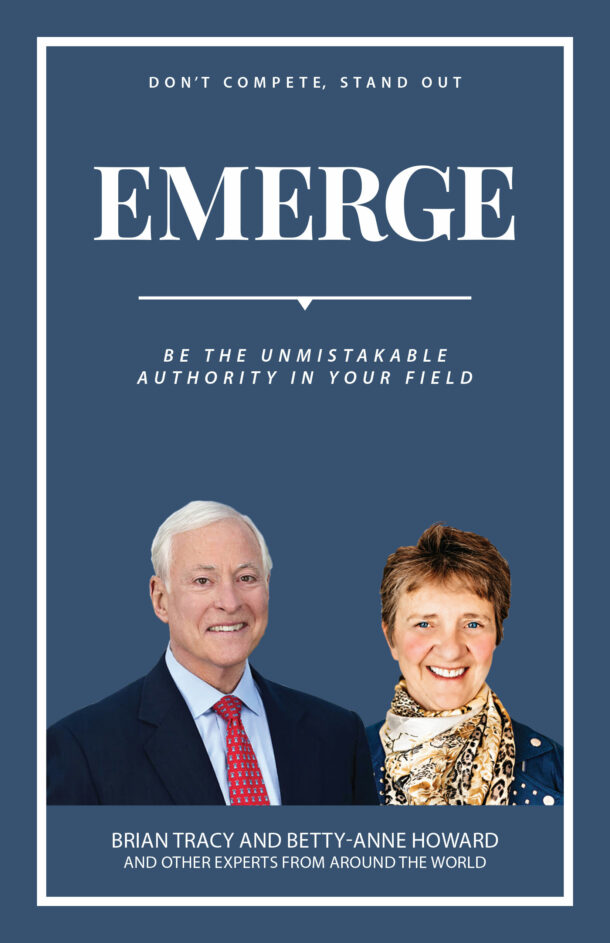
I remember attending grad school as a mature student in the early 2000’s, Judy Rebick came and did a keynote for my leadership cohort. My younger female classmates didn’t get what was the deal about feminism…I took that as a sign that some of the good work you and others did had made a difference – because it wasn’t front and center but rather assumed to be for this younger group (perhaps my optimism is showing). As I think about today and as I’ve watched those same young women progress into serious leadership roles in their fields, I see them acting as role models for more inclusive communities – because they don’t question that women matter equally. I see them valuing who they are, feeling safe to say “I do matter, of course, I matter”. It keeps me hopeful that feminine power is alive and growing.